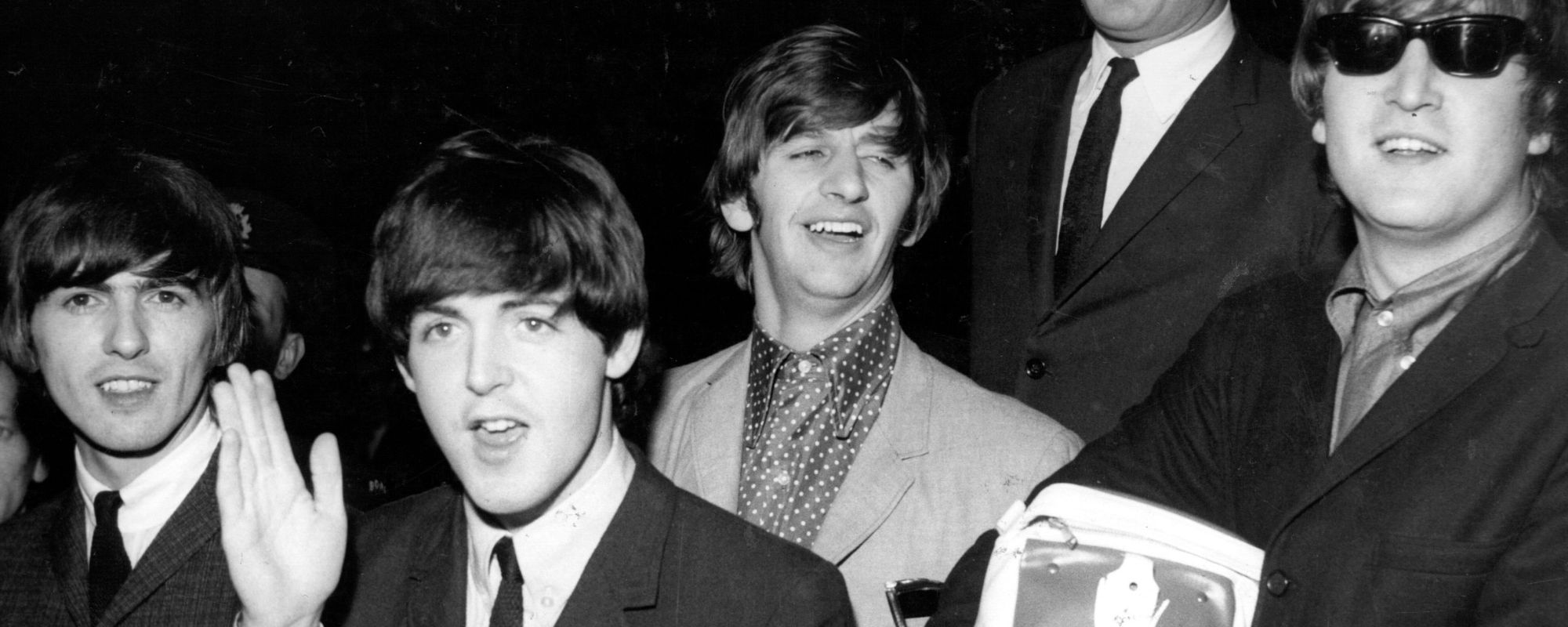A songwriter’s personal life will often find its way into what they write. They might not deliver a blow-by-blow of exactly what’s happening with them in the song that they compose. But personal events can certainly seep into the tone and mood of a song.
Videos by American Songwriter
John Mellencamp found himself at a particular low point when writing a 1989 song called “Jackie Brown.” The specifics of that character were different from Mellencamp’s actual life. But the downcast sentiment sprang from the artist’s circumstances at the time.
Mellencamp’s Malaise
Outward appearances might have suggested that John Mellencamp was living the good life in the late 80s. His tour for the 1987 album Lonesome Jubilee, which was another in a string of smashes for him, filled up arenas and put him in an exalted position in the pop/rock world.
But when he came back from that jaunt, he was faced with a sobering realization. His recent divorce from his second wife meant that his kids from that marriage were no longer a part of his daily home life. All the adulation he was receiving from audiences rang hollow in the wake of these events.
When Mellencamp began writing the song “Jackie Brown”, he imagined what his life would have been like without all the success and money. And since he didn’t feel particularly great at the time, he was able to channel that kind of desolation and heartache without too much trouble.
“Jackie Brown” was one of the few singles released by Mellencamp in that era that didn’t become a major hit. But Mellencamp has often named it as one of his songs that he feels represents his finest work. Based on the stellar, piercing lyrics about the devastating effects of poverty, we tend to agree with him.
Exploring the Lyrics of “Jackie Brown”
Mellencamp begins by suggesting that his title character never had much of a chance to change his lot in life. “Poorly educated,” Mellencamp describes. “And forced to live on the poor side of town.” From that unfortunate beginning springs a series of misfortunes that pile up over time.
We find out that his daughter shows signs of the family’s impoverishment in her clothes. His wife quietly goes about her business, trying not to trigger him. At no point does happiness enter the dreary picture that Mellencamp paints.
In the middle eight sections, Mellencamp steps back from his descriptions to offer some commentary. “What ugly truths freedom brings,” he says in an obvious critique of the American Dream. “And it hasn’t been very kind to you.”
Indignities pile up on Jackie, including pathetic meals and poor lodging, until he can take no more. “Is this your grave, Jackie Brown?” Mellencamp asks. “Just a little piece of limestone/That says another desperate man took himself out.” In the final middle eight, Mellencamp inhabits the guise of those who show no empathy for folks like this. “But who gives a damn about Jackie Brown?” he sneers. “Just another lazy man who couldn’t take what was his.”
Mellencamp offers one final bit of grace with his closing words: “Well, amen and amen, Jackie Brown.” His own frustrations about his life might have fueled the creation of this fictional person. But what a character sketch he delivered in the process, along with some searing social commentary thrown in there for good measure.
Photo by Matt Campbell/EPA/Shutterstock












Leave a Reply
Only members can comment. Become a member. Already a member? Log in.